With rich experience in diplomacy, Mr. Liu Jianchao has become a prominent face in recent Chinese foreign affairs activities.
A Chinese diplomatic delegation visited the United States last month, led by Liu Jianchao, 60, head of the International Liaison Department of the Communist Party of China. During the visit from January 8-13, Liu was received by the United States with unexpected solemnity.
Liu, whose position is at the ministerial level but not as prominent as that of secretary of state, held discussions with Secretary of State Antony Blinken and deputy national security adviser Jon Finer. He also met with key figures from both the Democratic and Republican parties, including local politicians and members of the business community in San Francisco, New York and Washington.
The visit "did not get much attention, but his important missions in the US are closely related to the fact that relations between North Korea and Russia, two close partners of China, have recently become increasingly close," a source familiar with the relationship between Beijing, Moscow and Pyongyang revealed.
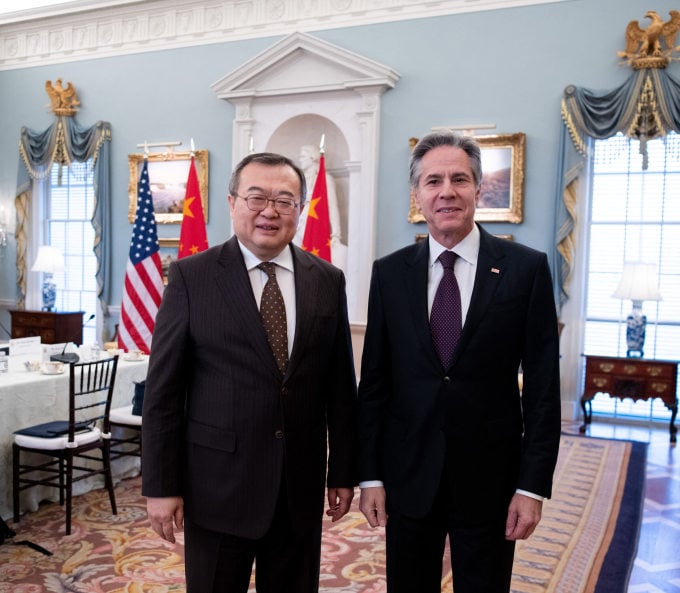
Mr. Liu (left) met with US Secretary of State Antony Blinken in Washington on January 12. Photo: AFP
This seems to mean that the cooperation between Russia and North Korea is becoming a reason for Chinese President Xi Jinping and US President Joe Biden to connect with each other, in which Liu Jianchao is an important channel, experts said.
“The Chinese are basically telling us that he will take on a bigger role,” a US official said of Mr. Liu.
Throughout the visit, Liu continued to push President Xi’s efforts to ease tensions with the United States, but remained steadfast in defending China’s policies, from the Taiwan issue to its national security agenda to its trillion-dollar Belt and Road Initiative.
Liu Jianchao, 60, is highly regarded by foreign officials for his party experience and demonstrated political loyalty, qualities that Mr. Xi particularly values.
He studied at Oxford University, England, before joining the Chinese Foreign Ministry, becoming a spokesman and then serving as ambassador to Indonesia, the Philippines, and then being promoted to assistant foreign minister.
As director of the Information Department, which is responsible for public relations at the Chinese Foreign Ministry, Mr. Liu had many opportunities to interact with foreign media and was considered a personable person. He was also considered a talented speaker and could speak English fluently.
He has also held prominent positions outside the diplomatic sphere. He was appointed to the Central Commission for Discipline Inspection, the body overseeing President Xi’s anti-corruption campaign, and several posts in Zhejiang province, where Xi was once party secretary.
Now, as head of the Chinese Communist Party's International Liaison Department, Liu has become the "golden face" for pursuing President Xi's diplomatic goals, especially since Foreign Minister Qin Gang was dismissed last year.
Jeremy Chan, a senior analyst at the New York-based consultancy Eurasia Group, said Liu Jianchao is likely to be appointed as China's foreign minister during the March parliamentary session. The position is currently held by Wang Yi, director of the Office of the Foreign Affairs Commission of the Communist Party of China Central Committee, after Qin Gang was removed from office.
According to Chan, if Mr. Liu is appointed to this position, the world will witness a softer China on the international stage, even if he is not Beijing's foreign policy decision-maker.
"Liu Jianchao is more friendly than Wang Yi and speaks better English, which will promote diplomatic communication channels with the US and Western partners," the expert said.
Analysts also believe that Mr. Liu leading a Chinese delegation to visit the US in January was one of the moves to pave the way for him to a higher, more prominent position in the country's foreign affairs.
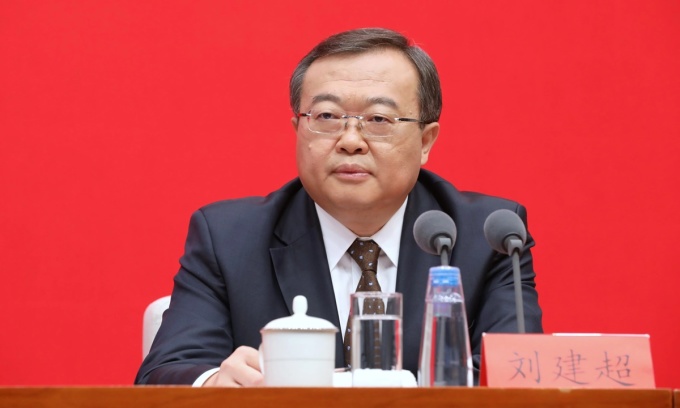
Head of the International Liaison Department of the Communist Party of China Liu Jianchao. Photo: VCG
Liu’s role comes at a sensitive time in US-China relations, after Xi and Biden began working toward a rapprochement last November between the world’s two largest powers after a long period of estrangement. Observers say China’s foreign policy goal this year is to maintain a stable relationship with the US, especially as it faces economic challenges.
The US administration, reeling from the Ukraine conflict and crises in the Middle East, also wants to avoid serious tensions with China, especially as President Biden enters a difficult re-election campaign.
"The signs are that Xi Jinping wants to stabilize relations ahead of the US election season and for domestic economic reasons," said Daniel Russel, a former US State Department official now at the Asia Society Policy Institute.
He also pointed to recent positive signs in bilateral relations, such as the restoration of communication lines between the US and Chinese militaries, cooperation in combating fentanyl trafficking, and exchanges of high-level visits. Russel said Liu’s visit to the US was part of that.
When meeting with US officials, Mr Liu has stuck to the message that President Xi conveyed to President Biden during their meeting in California last November, that China has no intention of challenging the US or changing the current international order. But that message has been increasingly questioned in Washington.
In particular, some US officials involved in the discussions noted Mr. Liu’s willingness to listen to and address concerns about China’s policies, including preventing Western companies from assessing the risks of investing in the country.
Such actions have contributed to a flight of foreign capital from China, and US officials say Mr. Liu appears keenly aware of the risks of alienating the American business community, which has long been Beijing’s strongest supporter in Washington.
“He seemed genuinely interested in finding out what American businesses needed to be ready to do business with China again,” said one of the people involved in the discussions.
“He acknowledged that decoupling the two economies would be disastrous for the US-China relationship,” another said.
The most notable part of Liu Jianchao's political career was his appointment as head of the international office of China's Central Commission for Discipline Inspection in 2015. The position made him a key figure in President Xi Jinping's "fox hunt" campaign to track down Chinese officials accused of corruption who have fled abroad, including to the United States.
Speaking at a forum organized by the US Council on Foreign Relations on January 9, Mr. Liu answered questions about this job.
"In the past, when they fled the country, we could do nothing. But then we were determined to bring them back with support from our partners and colleagues in other countries," he said, adding that the US Department of Justice and Department of Homeland Security had actively helped the Chinese government.
Also at the discussion, Liu denied that China had ever pursued a "wolf warrior" foreign policy, although its diplomats often made tough, resolute comments in response to any criticism aimed at Beijing.
When Xi called for the creation of a diplomatic “iron army” at a recent high-level foreign affairs meeting, Liu explained that the Chinese president “really just meant that diplomats both at home and abroad need to maintain strict discipline.”
Yun Sun, director of the China Program at the Stimson Center think tank in Washington, who attended the discussion, said Liu’s visit to the United States was a clear sign that he would be tasked with managing the important relationship with the United States. “It would be unusual if he didn’t take on a bigger role,” Sun said.
Eurasia Group expert Chan said that Liu Jianchao's rich experience in many fields of work makes him a suitable candidate for the position of leader of the Chinese Ministry of Foreign Affairs.
"His anti-corruption activities are quite unusual for a foreign minister, but his experience working at the Central Commission for Discipline Inspection also makes him trustworthy in the eyes of Chinese leaders," Chan said. "At heart, Liu is still a diplomat with a global perspective and the confidence needed to communicate with foreign counterparts."
Vu Hoang (According to WSJ, AFP, Reuters )
Source link








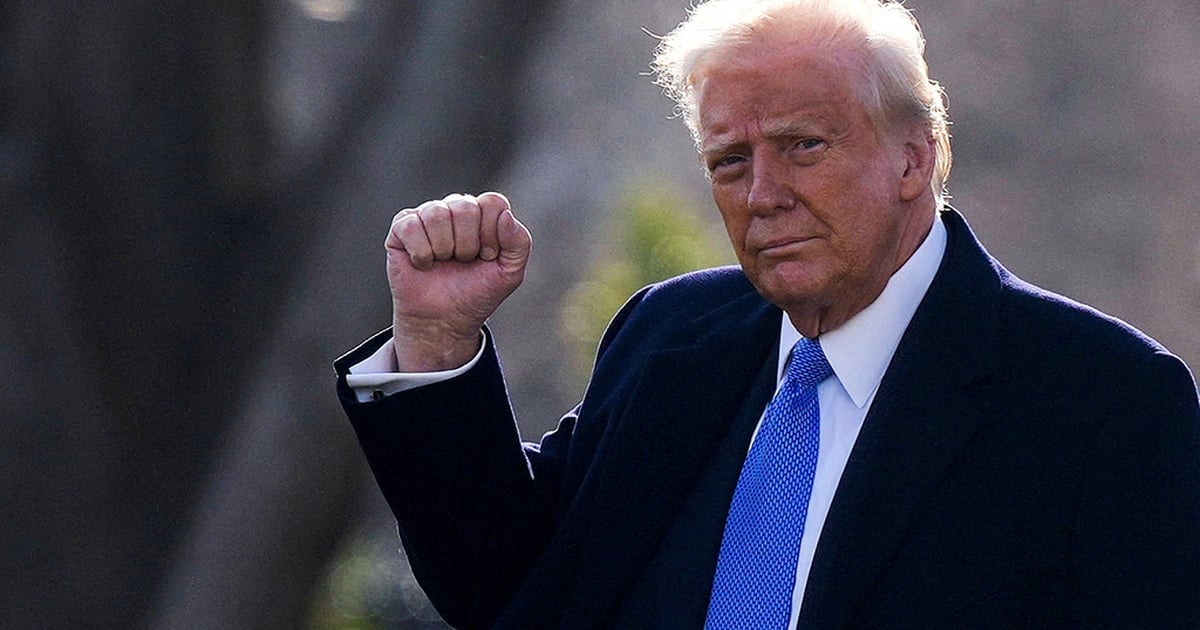

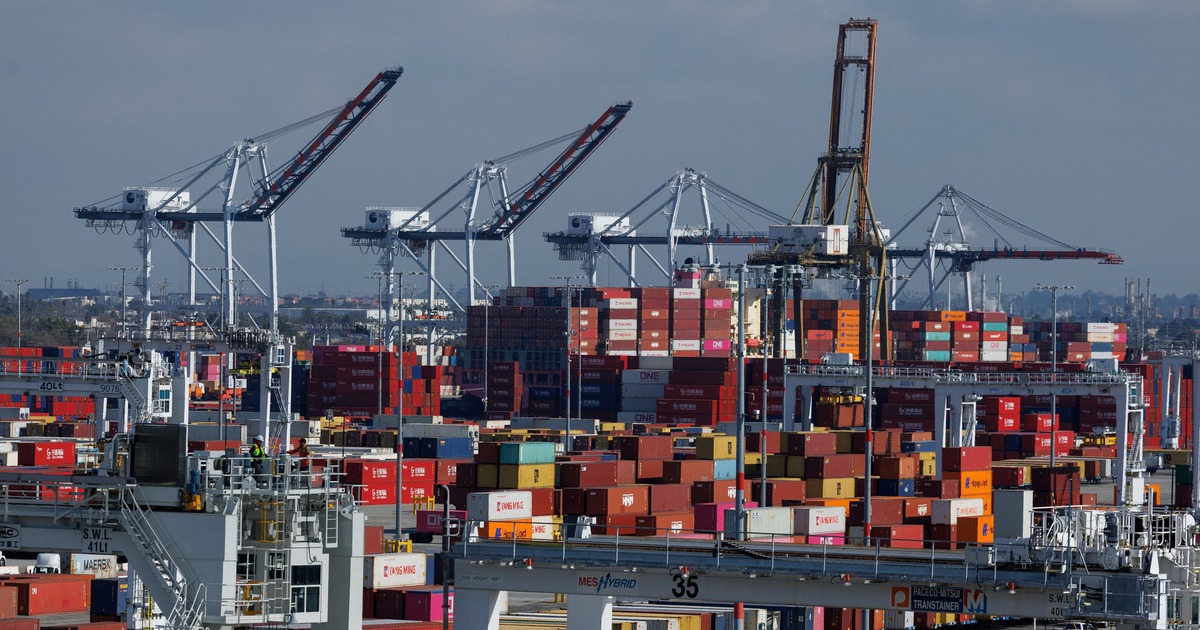
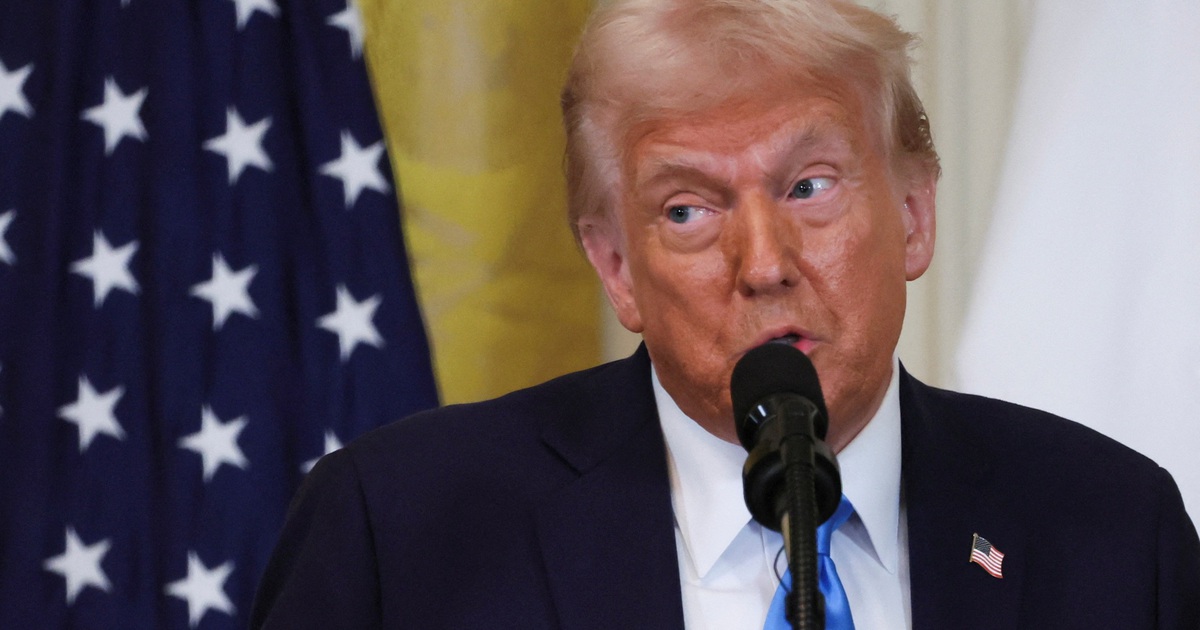
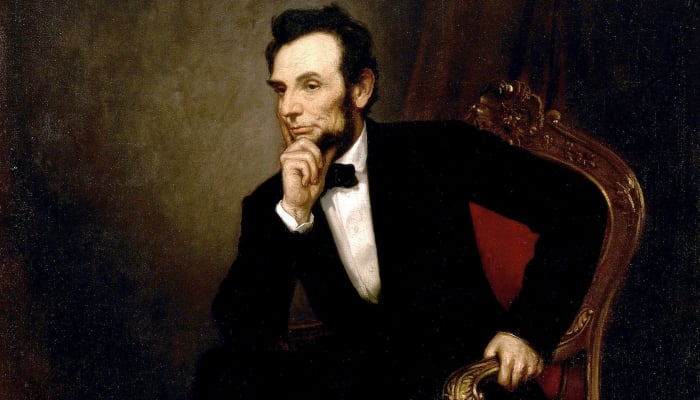

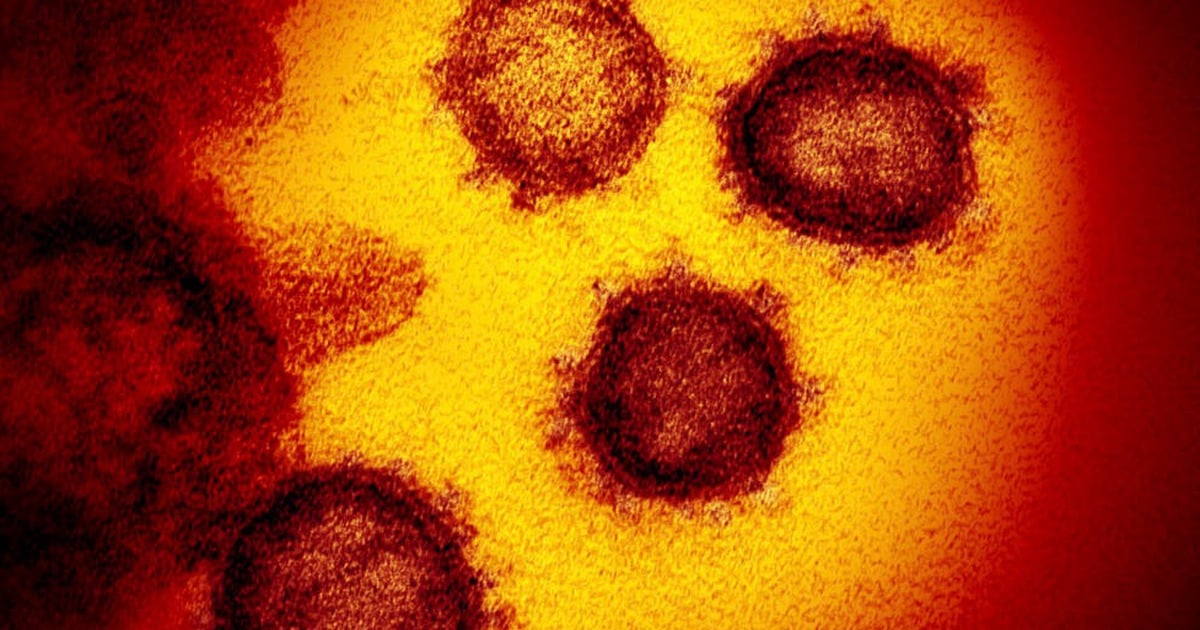
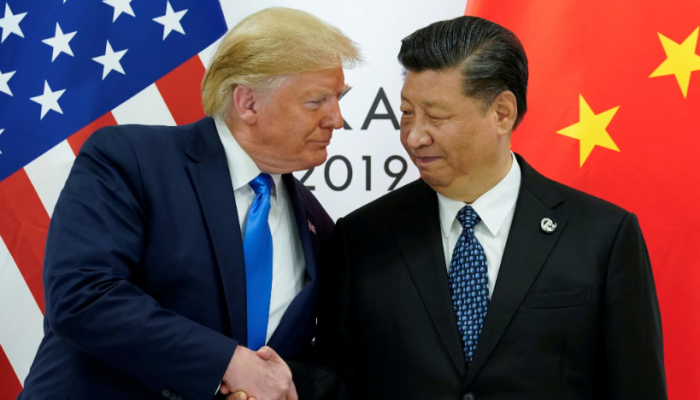



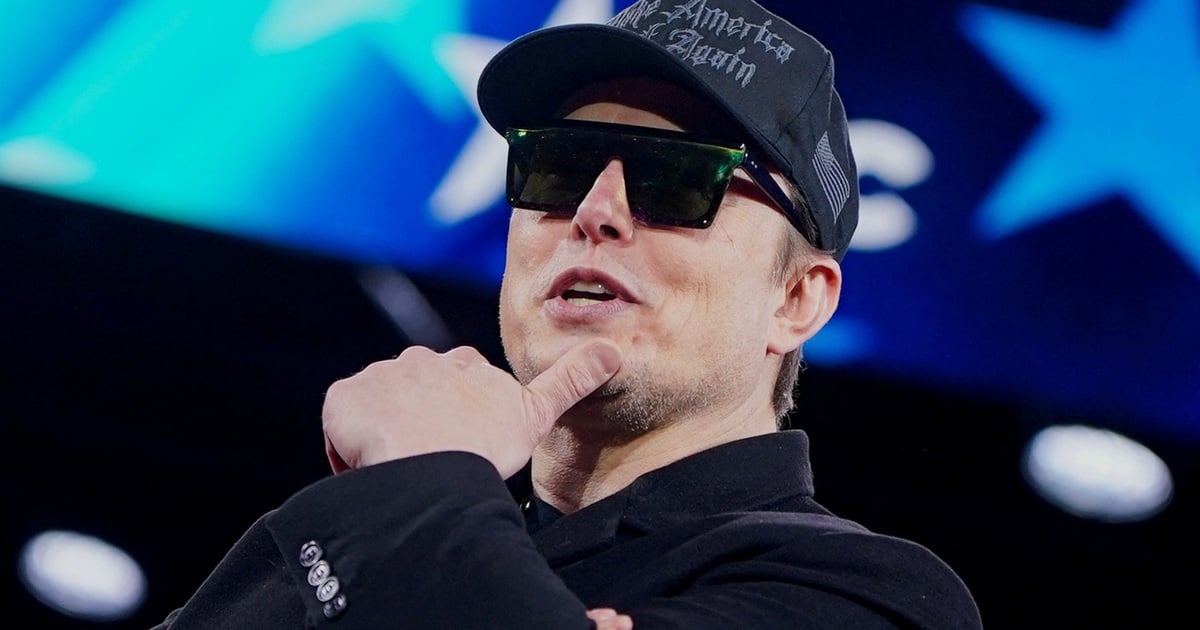
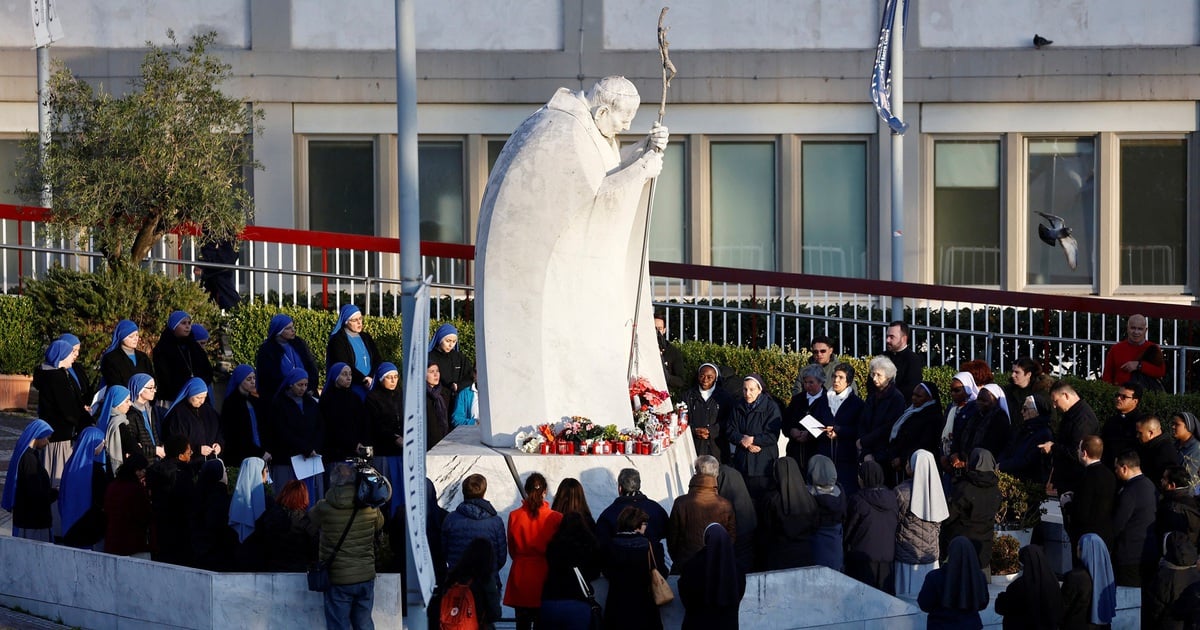
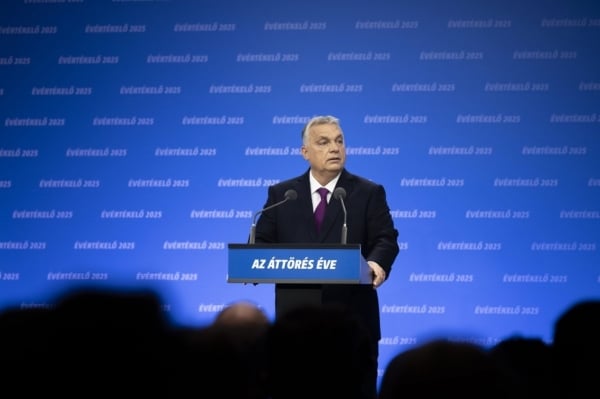
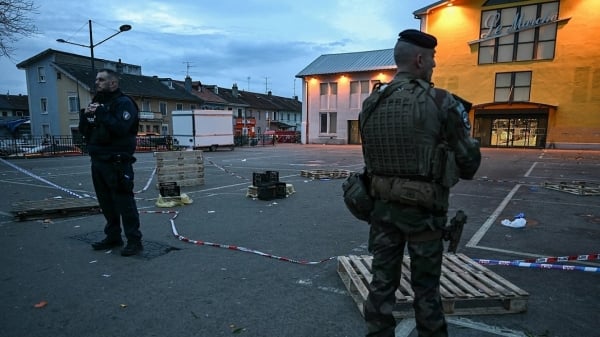















![[Photo] Prime Minister Pham Minh Chinh chairs Government Conference with localities on economic growth](https://vstatic.vietnam.vn/vietnam/resource/IMAGE/2025/2/21/f34583484f2643a2a2b72168a0d64baa)



























































Comment (0)